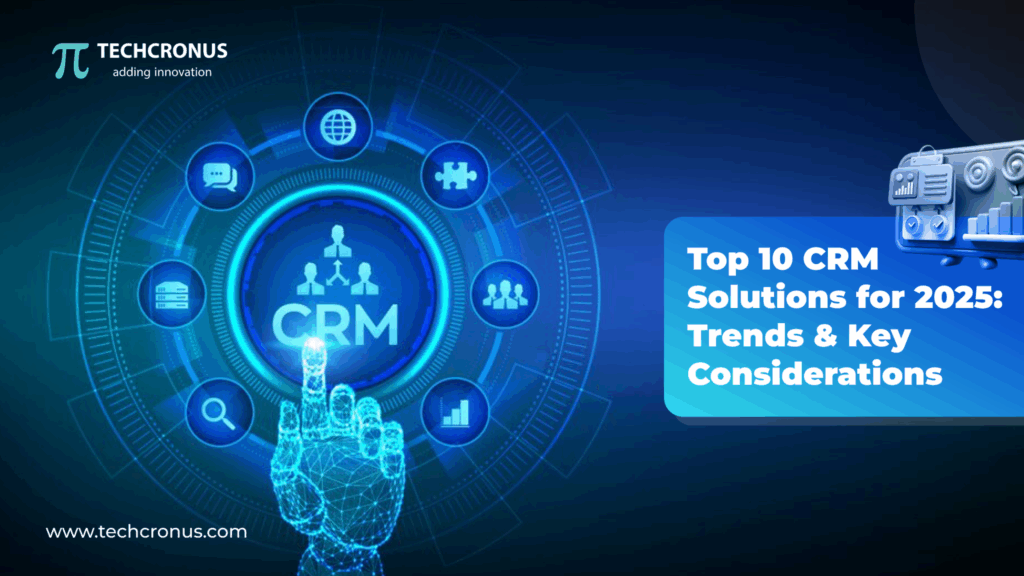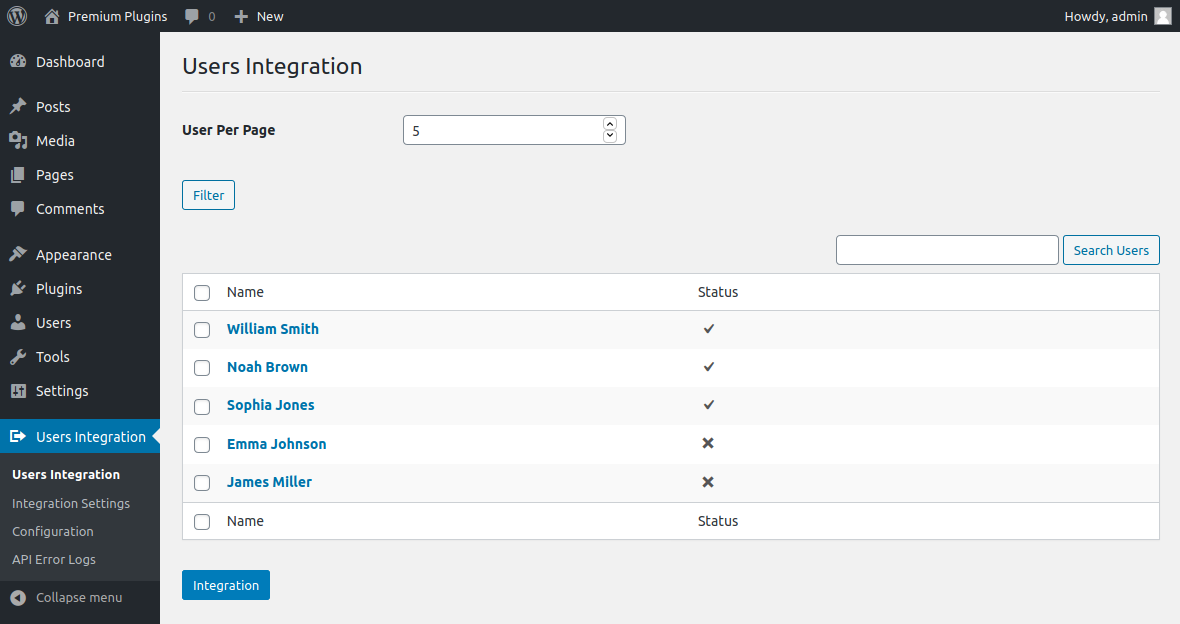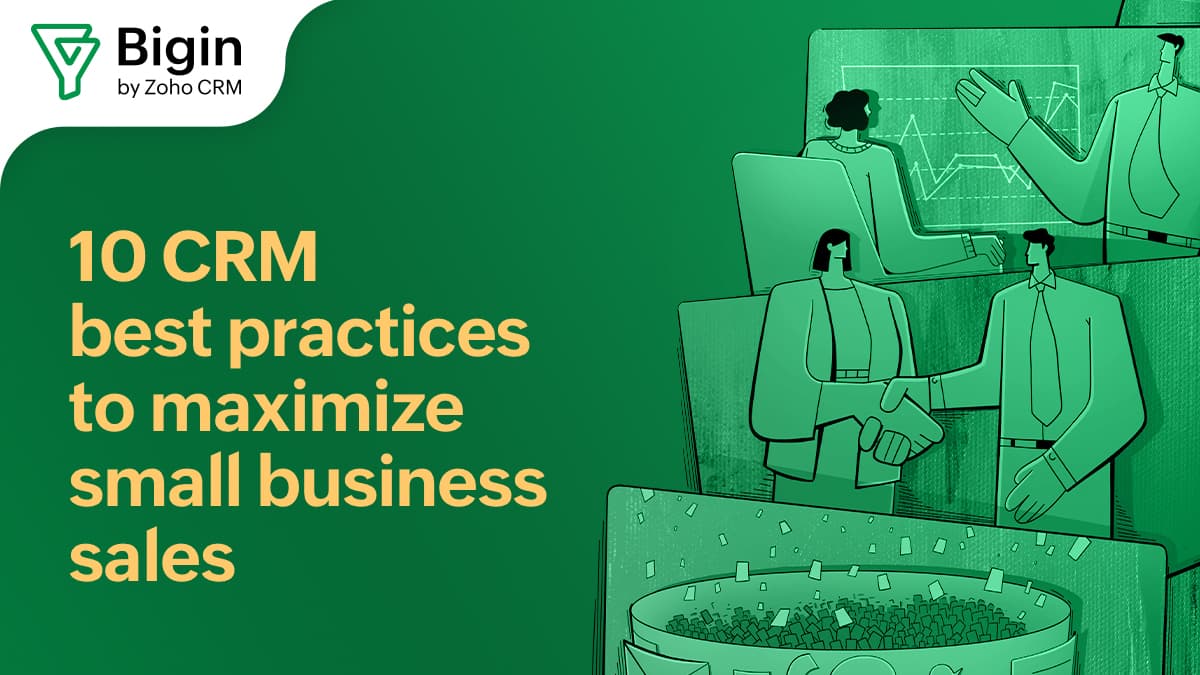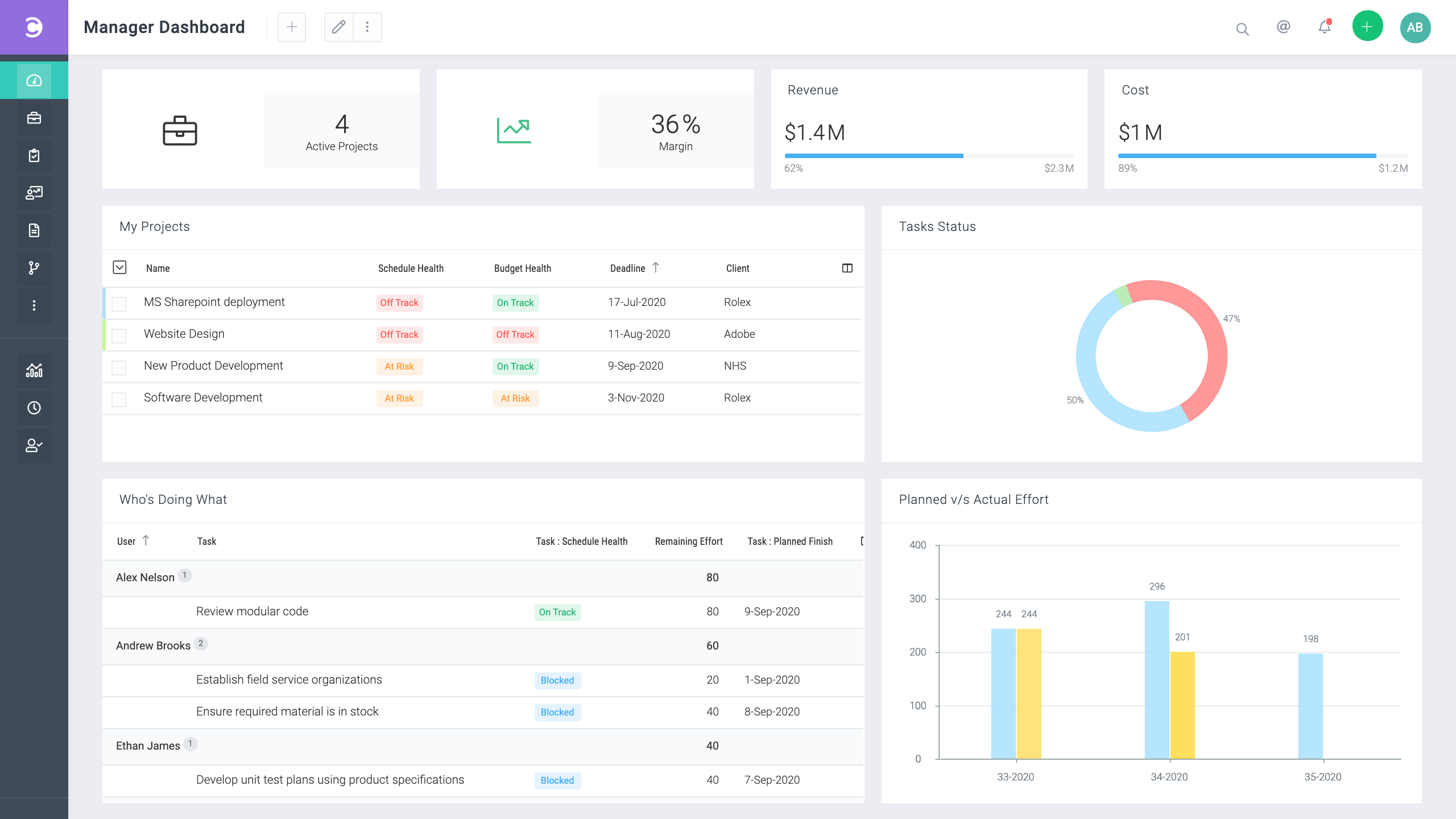
Introduction: Why Your Small Online Store Needs a CRM
Running a small online store is a whirlwind. You’re juggling inventory, marketing, customer service, and everything in between. It’s a constant balancing act, and in the midst of it all, it’s easy for customer relationships to fall by the wayside. That’s where a Customer Relationship Management (CRM) system comes in. A CRM isn’t just for big businesses; it’s a crucial tool for small online stores looking to thrive. It’s the central nervous system of your customer interactions, helping you understand, engage, and retain your most valuable asset: your customers.
Think of it this way: your customers are the lifeblood of your business. Without them, you wouldn’t exist. A CRM allows you to nurture those relationships, turning one-time buyers into loyal advocates. It’s about more than just tracking sales; it’s about building a community around your brand. In this comprehensive guide, we’ll dive deep into the world of CRMs, specifically focusing on the best options for small online stores. We’ll explore what makes a CRM effective, the key features you should look for, and, most importantly, which platforms will help you achieve your business goals.
What is a CRM and Why is it Important for Small Online Stores?
Let’s start with the basics. CRM stands for Customer Relationship Management. At its core, a CRM system is a software solution designed to manage and analyze customer interactions and data throughout the customer lifecycle. It’s a centralized hub where you can store all your customer information, track their interactions with your store, and personalize your communication.
For small online stores, the benefits of a CRM are numerous:
- Improved Customer Understanding: A CRM provides a 360-degree view of your customers, including their purchase history, browsing behavior, and communication preferences. This allows you to tailor your marketing efforts and provide more personalized customer service.
- Enhanced Customer Service: With all customer information readily available, your support team can quickly access relevant details and provide faster, more efficient assistance.
- Increased Sales: By understanding customer needs and preferences, you can identify upsell and cross-sell opportunities, leading to increased revenue.
- Streamlined Marketing: CRM systems allow you to segment your audience and create targeted marketing campaigns, resulting in higher conversion rates.
- Better Organization: A CRM centralizes all customer data, eliminating the need for spreadsheets and scattered documents. This saves time and reduces the risk of errors.
- Improved Customer Retention: By nurturing customer relationships and providing excellent service, you can increase customer loyalty and reduce churn.
In essence, a CRM empowers you to build stronger relationships with your customers, leading to increased sales, improved customer satisfaction, and sustainable business growth. It’s an investment that pays dividends in the long run.
Key Features to Look for in a CRM for Your Online Store
Not all CRMs are created equal. When choosing a CRM for your small online store, it’s crucial to select one that offers the features you need to succeed. Here are some essential features to consider:
- Contact Management: This is the foundation of any CRM. It allows you to store and organize customer contact information, including names, email addresses, phone numbers, and addresses.
- Sales Pipeline Management: This feature helps you track leads and manage the sales process, from initial contact to closing the deal.
- Marketing Automation: Automate repetitive marketing tasks, such as sending email newsletters, welcome emails, and abandoned cart reminders.
- Email Marketing Integration: Seamlessly integrate your CRM with your email marketing platform to send targeted campaigns and track their performance.
- Customer Segmentation: Segment your audience based on various criteria, such as purchase history, demographics, and behavior, to personalize your marketing efforts.
- Reporting and Analytics: Gain insights into your sales performance, customer behavior, and marketing campaign effectiveness with detailed reports and analytics.
- Integration with Ecommerce Platforms: Integrate your CRM with your online store platform (e.g., Shopify, WooCommerce, BigCommerce) to automatically sync customer data and order information.
- Customer Support Features: Provide excellent customer service with features like a help desk, live chat, and knowledge base.
- Mobile Accessibility: Access your CRM data and manage your customer interactions on the go with a mobile app.
- Automation Capabilities: Automate repetitive tasks, such as data entry and follow-up emails, to save time and improve efficiency.
Prioritize these features based on your specific needs and goals. Consider your budget, the size of your team, and the complexity of your business when making your decision.
Top CRM Platforms for Small Online Stores: A Detailed Comparison
Now, let’s explore some of the best CRM platforms for small online stores. We’ll delve into their key features, pricing, and suitability for different types of businesses.
1. HubSpot CRM
Overview: HubSpot CRM is a popular and powerful CRM platform that offers a free version with a generous set of features. It’s known for its user-friendliness, extensive integrations, and comprehensive marketing automation capabilities.
Key Features:
- Free CRM with unlimited users and contacts.
- Contact management, deal tracking, and task management.
- Email marketing and marketing automation.
- Sales automation and reporting.
- Integration with popular ecommerce platforms like Shopify.
- Excellent customer support and extensive resources.
Pricing: HubSpot offers a free version with basic features. Paid plans start at a reasonable price and scale up based on the features you need.
Best For: Small businesses that need a comprehensive CRM with robust marketing automation capabilities and a user-friendly interface. The free version is an excellent starting point.
2. Zoho CRM
Overview: Zoho CRM is a versatile CRM platform that offers a wide range of features and customization options. It’s a great choice for businesses that want a CRM that can grow with them.
Key Features:
- Contact management, lead management, and deal management.
- Sales force automation and workflow automation.
- Email marketing and social media integration.
- Customization options to tailor the CRM to your specific needs.
- Mobile app for on-the-go access.
- Integration with various third-party apps.
Pricing: Zoho CRM offers a free plan for up to three users. Paid plans are competitively priced and offer a wide range of features.
Best For: Businesses that need a highly customizable CRM with advanced features and a focus on sales force automation. It’s also a good option for businesses that already use other Zoho products.
3. Pipedrive
Overview: Pipedrive is a sales-focused CRM designed to help sales teams manage their leads and close deals. It’s known for its intuitive interface and visual sales pipeline.
Key Features:
- Visual sales pipeline for easy deal tracking.
- Contact management and lead management.
- Email integration and activity tracking.
- Sales automation and reporting.
- Integration with various sales and marketing tools.
Pricing: Pipedrive offers affordable pricing plans based on the number of users and features.
Best For: Sales teams that want a simple, intuitive CRM focused on managing leads and closing deals. It’s a great option for businesses that prioritize sales efficiency.
4. Freshsales
Overview: Freshsales, part of the Freshworks suite, is a CRM that offers a comprehensive set of features at a competitive price. It’s known for its ease of use and focus on customer engagement.
Key Features:
- Contact management and lead management.
- Sales automation and workflow automation.
- Email marketing and phone integration.
- Built-in chat and customer support features.
- Integration with other Freshworks products.
Pricing: Freshsales offers a free plan for up to three users. Paid plans are affordable and offer a wide range of features.
Best For: Businesses that want a user-friendly CRM with built-in customer support features and a focus on customer engagement. It’s also a good option for businesses that use other Freshworks products.
5. Agile CRM
Overview: Agile CRM is a versatile CRM platform that offers a wide range of features, including sales, marketing, and customer service tools. It’s known for its affordability and ease of use.
Key Features:
- Contact management, lead management, and deal management.
- Sales force automation and marketing automation.
- Email marketing and social media integration.
- Customer service features, including help desk and live chat.
- Integration with various third-party apps.
Pricing: Agile CRM offers a free plan for up to 10 users. Paid plans are competitively priced and offer a wide range of features.
Best For: Small businesses that need a comprehensive CRM with sales, marketing, and customer service features at an affordable price. It’s a good option for businesses that want a CRM that can handle all aspects of customer interaction.
6. EngageBay
Overview: EngageBay is an all-in-one CRM platform that combines sales, marketing, and customer service tools. It’s designed to help small businesses streamline their operations and grow their customer base.
Key Features:
- Contact management, lead management, and deal management.
- Sales automation and marketing automation.
- Email marketing and social media integration.
- Customer service features, including help desk and live chat.
- Integration with various third-party apps.
Pricing: EngageBay offers a free plan with a generous set of features. Paid plans are affordable and offer a wide range of features.
Best For: Small businesses that want an all-in-one CRM solution that combines sales, marketing, and customer service tools. It’s a great option for businesses looking for an affordable and easy-to-use platform.
How to Choose the Right CRM for Your Small Online Store
Choosing the right CRM is a crucial decision that can significantly impact your business’s success. Here’s a step-by-step guide to help you make the right choice:
- Assess Your Needs: Before you start comparing CRM platforms, take the time to understand your specific needs and goals. What are your biggest challenges? What features are essential for your business? What are your budget constraints?
- Define Your Requirements: Create a list of must-have features and nice-to-have features. Consider factors like the size of your team, the complexity of your sales process, and your marketing goals.
- Research Different CRM Platforms: Explore the various CRM platforms available, considering their features, pricing, and reviews. Read online reviews and compare different options to narrow down your choices.
- Consider Integrations: Ensure that the CRM you choose integrates seamlessly with your existing tools, such as your ecommerce platform, email marketing platform, and payment gateway.
- Evaluate User-Friendliness: Choose a CRM that is easy to use and navigate. A user-friendly interface will save you time and training costs and ensure that your team can quickly adopt the new system.
- Check Customer Support: Look for a CRM platform that offers excellent customer support, including documentation, tutorials, and responsive customer service.
- Start with a Free Trial or Freemium Plan: Many CRM platforms offer free trials or freemium plans. Take advantage of these to test the platform and see if it’s a good fit for your business before committing to a paid plan.
- Consider Scalability: Choose a CRM that can grow with your business. As your business expands, you’ll need a CRM that can handle increased data volume, more users, and more complex features.
- Prioritize Security: Ensure that the CRM platform you choose has robust security measures in place to protect your customer data.
- Make a Decision and Implement: Once you’ve evaluated your options, make a decision and implement the CRM. Provide your team with adequate training and support to ensure a smooth transition.
By following these steps, you can choose a CRM that aligns with your business needs and helps you achieve your goals.
Tips for Maximizing Your CRM’s Potential
Once you’ve chosen a CRM, it’s time to maximize its potential. Here are some tips to help you get the most out of your investment:
- Clean and Organize Your Data: Regularly clean and organize your customer data to ensure its accuracy and consistency. This includes removing duplicate entries, updating contact information, and standardizing data formats.
- Train Your Team: Provide your team with comprehensive training on how to use the CRM. This will ensure that they understand the features and functionality and can use the platform effectively.
- Define Clear Processes: Establish clear processes for using the CRM, such as how to enter new leads, update customer information, and track sales activities.
- Use Automation: Take advantage of automation features to streamline your workflow and save time. Automate repetitive tasks, such as sending email newsletters and following up with leads.
- Segment Your Audience: Segment your audience based on various criteria to personalize your marketing efforts and provide more targeted communication.
- Track Key Metrics: Monitor your CRM data and track key metrics, such as sales performance, customer satisfaction, and marketing campaign effectiveness.
- Regularly Review and Optimize: Regularly review your CRM usage and make adjustments as needed. Identify areas for improvement and optimize your processes to maximize your results.
- Integrate with Other Tools: Integrate your CRM with other tools, such as your email marketing platform, ecommerce platform, and social media channels, to create a seamless customer experience.
- Encourage Feedback: Encourage your team to provide feedback on the CRM and identify any areas for improvement.
By implementing these tips, you can unlock the full potential of your CRM and drive significant improvements in your customer relationships and sales performance.
Conclusion: Investing in a CRM is Investing in Your Future
In the competitive landscape of online retail, a CRM is no longer a luxury; it’s a necessity. It’s the engine that drives customer understanding, enhances service, and fuels growth. Choosing the best CRM for your small online store is a critical decision, but with the right platform, you can transform your business. Remember to assess your needs, research your options, and choose a CRM that aligns with your goals.
By investing in a CRM, you’re not just investing in software; you’re investing in your future. You’re investing in stronger customer relationships, increased sales, and sustainable business growth. So, take the plunge and embrace the power of a CRM. Your customers – and your bottom line – will thank you for it.




